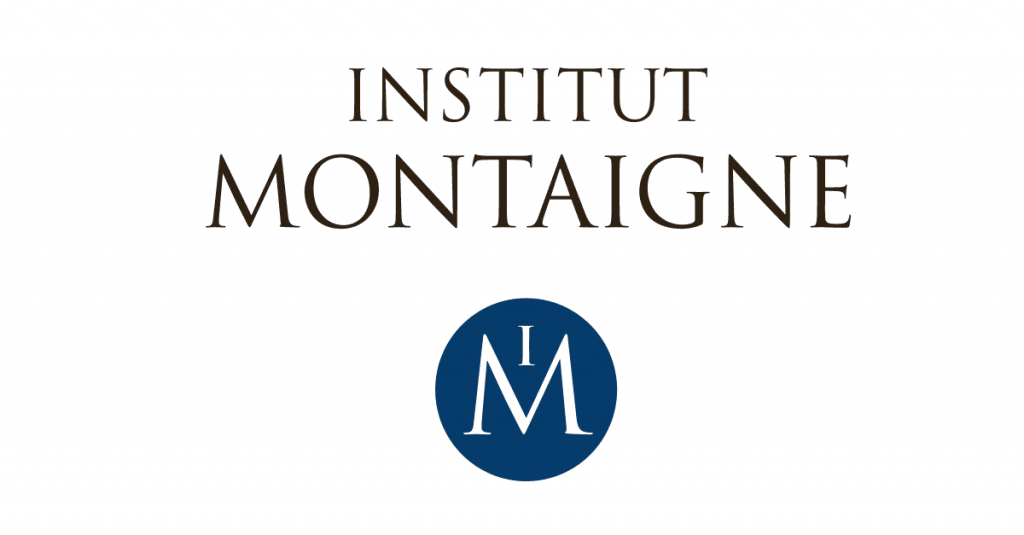
The negotiations on the EU-China Comprehensive Agreement on Investments (CAI) concluded with breakneck speed on December 30, 2020. The CAI text, including a “legal scrubbing” and items that are reportedly still under negotiation, as strange as it may sound, is supposed to be released very soon. Given that several articles in the agreement remained unwritten as of mid-December, this is a testimony to the pressure now felt by the European Commission: promoting the agreement at the highest level as a success for our “values and interests” while not disclosing its content was clearly not helping its cause, including with the European Parliament.
In fact, enough is known about its likely content that we can lay down criteria for judging where the CAI indeed promotes these values and interests, and where it may be a defective or underpowered attempt at bridging the enormous asymmetry between our market democracies and China’s party-state driven economy.
This note starts by placing the agreement in its geopolitical and economic context. It then moves on to what has been won, or conceded in terms of market access. This is followed by an assessment of changes of norms and rules, and the issue of a level-playing field. The special case of terms falling under the topic of sustainable development is dealt with separately – because many arrangements differ in that case. Finally, the note looks at the various means provided for implementation, dispute resolution and eventual remedies
In the European Union’s vision, a major trade or investment agreement is also a political act, advancing European norms and values or recognizing the adequacy of the partner’s legal system, starting from the rule of law itself. From this perspective, the agreement couldn’t have been concluded at a worse time. China’s authoritarian and even totalitarian drive has never been so thorough since 1978. It affects each and everyone: from Hong Kong residents deprived of the rights guaranteed by treaty until 2047, to Xinjiang’s populace subject to crimes against humanity including sterilization, break-up of families and forced labor, to the hostage-taking of two Canadian nationals, to the heavy hand used against China’s new entrepreneurial class, to an ever-growing personality cult, and finally to the official obfuscation of the origins of the coronavirus pandemic. This is, after 1989 and the crushing of a democratic movement, the worst political years since the era of reform and opening up began in 1978.
An argument made by some EU and member state officials is that the conclusion of the CAI negotiation helps to position the EU as a major power able to project its strategic autonomy vis-à-vis the United States. Future discussions with the US on trade could benefit from this power position. But Europe’s nod to an agreement in the very short time frame between two US administrations, rather than projecting “strategic autonomy”, is likely to be interpreted by China as a sign of Europe’s flexibility. One Chinese diplomat sees Europe as a “balancer” between the United States and China. A major think tank director points out to Europe’s weakness: “the CAI is for Europe like a delivery of coal in the harshness of winter (雪中送炭)”.
Source: Institut Montaigne




